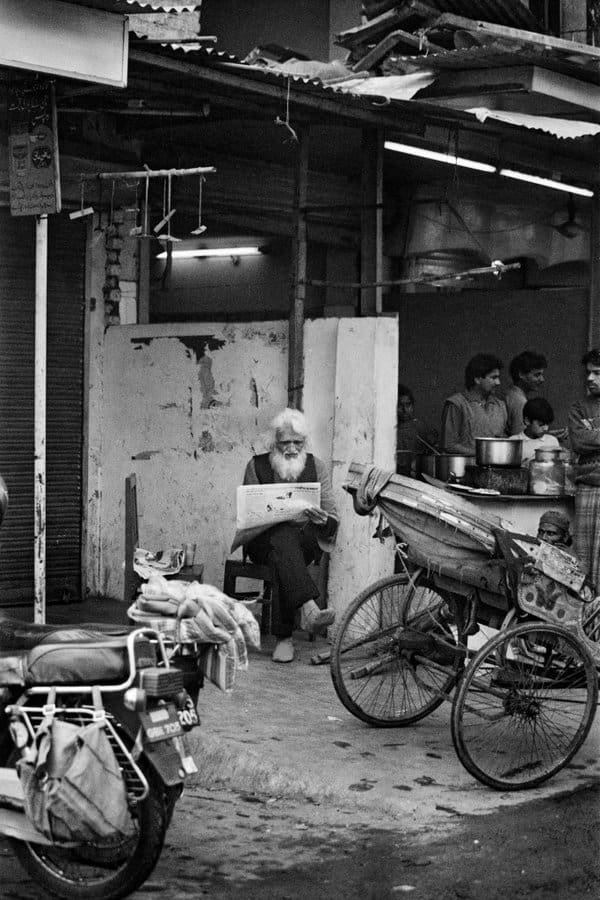A Delhi court on Wednesday, January 22, ordered the seizure of two paintings by renowned artist MF Husain, often referred to as the ‘Picasso of India.’ The court deemed the artworks offensive due to their depiction of Hindu gods.
The orders came following a lawsuit made by Delhi-based advocate Amita Sachdeva, who alleged the paintings, displayed at the DAG, formerly Delhi Art Gallery, were offensive.
According to the complainant, the paintings depicted Hindu gods Ganesha and Hanuman in questionable ways. She had demanded an FIR against the gallery owner, and the removal of the paintings from the gallery’s exhibits.

“An application has been moved by the complainant for direction to the Investigating Officer (IO) to seize the painting in question. In light of the facts and circumstances mentioned in the said application, the said application is allowed and the IO is directed to seize the said painting and file a report on January 22, 2025,” observed the court.


MF Husain: Indian Picasso who died in Exile
Maqbool Fida Husain, fondly known as MF Husain, was one of India’s most celebrated modern artists. He is often referred to as the Pablo Picasso of the Indian landscape.
Husain’s work gained international acclaim for its unique portrayal of Indian culture, mythology, and history, often through fragmented forms and vibrant colours.
However, his depictions of Hindu deities in unconventional ways also sparked controversy, leading to court cases and exile in his later years.
Apart from his art, Husain was known for his eccentricities. He famously preferred to walk barefoot, even in formal settings, a habit he claimed connected him to the earth and his creative spirit.
He often dressed in simple white robes and carried his paintbrushes everywhere. His unconventional habits and flamboyant personality added to his mystique.
Husain passed away on June 9, 2011, in London, but his legacy lives on, influencing generations of artists and showcasing the dynamic interplay of tradition and modernity in Indian art.
















































